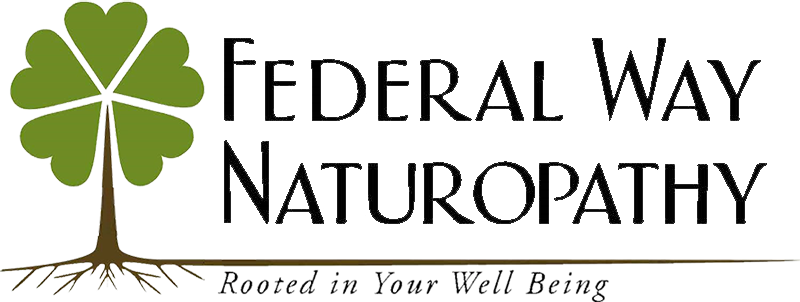When someone mentions the brain, we usually think of the mass of soft tissue made up of intricately folded gray and white matter that controls our thoughts, memory, emotion, sensation, movements, vision, hunger and every regulatory process in our body. When someone mentions your second brain, what comes to mind? Our enteric nervous system, the complex of nerves and neurotransmitters that controls our gut, is often referred to as our “second brain” due to the similarities it has with our actual brain.
For years, medical professionals thought that anxiety and depression contribute to functional bowel problems, but we are starting to realize that it may also be the other way around. Research is starting to show that keeping our second brain happy and healthy can help keep the main brain happy and healthy as well.
The bacteria in our gut microbiome produce many neurotransmitters that are identical to the ones produced and used by our brain. Through this, gut microbes can influence our memory, mood, and cognition, as well as play a role in nervous system disorders like fibromyalgia and dementia. Serotonin plays an important role in mood, cognition, learning, and memory, and our gut bacteria produce 90% of our serotonin!
Everyone’s microbiome is unique, based on genetics, early life, diet, and environmental exposures. Though we cannot say what the perfect microbiome is, we do know that a healthy microbiome is a diverse microbiome. Eating a variety of fermented foods and supplementing with probiotics can contribute to a robust microbiome.
While probiotics and fermented foods can potentially populate the gut with healthy bacteria, they also stimulate immune and epithelial cells to produce anti-inflammatory short chain fatty acids in the intestines, which helps balance the microbiome. Probiotics that affect the brain are referred to as “psychobiotics”. Lactobacillus plantarum PS128 has been shown to reduce anxiety and depressionlike behaviors in mice. Human volunteers reported reduced stress and increased memory after 4 weeks of Bifidobacterium longum supplementation. These are just two of the strains that have been shown to be beneficial for brain health.
Prebiotics are compounds that, when fermented in the gut, produce specific changes in bacterial composition or activity, and support the growth of our normal commensal bacteria. Polyphenols are a type of prebiotic that are digested by the gut bacteria and may improve brain health. Biotransformation of polyphenols is needed to obtain metabolites active in brain. This occurs through their processing by gut bacteria. They then travel to the brain and are able to cross the blood brain barrier and localize within brain tissue. Polyphenols have been shown to protect neurons against injury by neurotoxins, suppress neuroinflammation, and promote memory, learning, and cognitive function. They have been shown to reduce the risk of dementia and improve cognitive performance in normal aging. Foods rich in polyphenols include parsley, celery, onions, broccoli, soy, cocoa, citrus fruits, oregano, berries, olive oil, green tea, red wine and coffee.
While we cannot control our brain’s genetic makeup or prior exposures, we can increase pre and probiotic rich foods to help support our brain health now and in the future.
Dr. Adrienne Wilen has special interest in gastrointestinal health and how the gut and microbiome interacts with all other body systems. She sees patients in person and via telehealth at Federal Way Naturopathy, and is currently developing a 10-week digestion optimization program for people who want to take control of their gut health.


